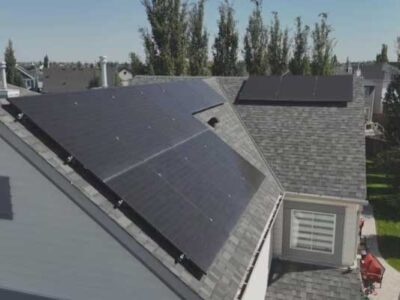Solar industry salaries are increasing after several years of stagnation, research shows. The change is revealed in Australia’s first Renewable Energy Salary Survey, which shows the clean energy market gearing for growth.
The average annual full-time salary package in the renewable sector is reported as $140,000, with a third earning annual salaries of $60,000 to $99,999.
Over one-third of the 400 participants work in medium to large-scale solar PV, with about an eighth working in storage and off-grid sectors.
The survey, carried out by Cranfield Projects in association with EcoGeneration, reflects a higher level of worker confidence in the industry.
This also bears out Australian Bureau of Statistics (ABS) figures for 2015-16.
While a 16 per cent decline in renewable energy employment is revealed, ABS says prospects for 2016-17 are far more positive due to larger investments, higher demand for solar batteries and implementation of large-scale projects.
How solar industry salaries are changing
A range of comments was received about salary satisfaction within the renewables industry.
The survey found that overall salary satisfaction level was 5.21, where 0 is most dissatisfied and 10 is most satisfied.
However, some respondents noted that the previously ‘decreasing’ and ‘flatlining’ industry remuneration was now increasing.
This is being helped by rising demand for skills in utility-scale projects, according to the report.
Significant growth is also noted in project management roles in large-scale renewable ventures such as solar farms and wholesale solar.
Some participants said their salaries do not match those in mining, oil and gas industries.
However, many believe these remuneration levels “will [change] and are changing” as the renewable energy industry powers ahead.
Policy uncertainty holding solar industry salaries back
Several participants also blamed the Federal Government’s lack of renewables policy for dissatisfaction with salaries.
“Unstable, short-term thinking” was cited as a barrier to growth in the wind and solar industry.
Several respondents identified “passionate people lining up to be involved in the industry”.
Their progress was often hampered by “irresponsible government policy vacuum”, such as the Federal Government’s failure to confirm a Clean Energy Target.













Comments